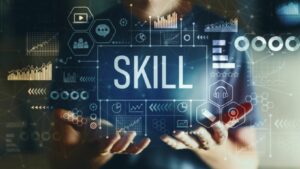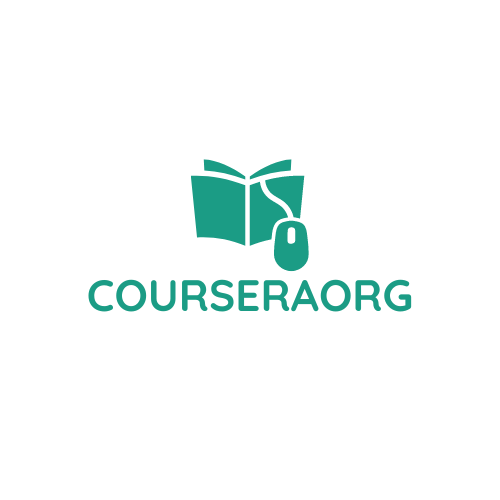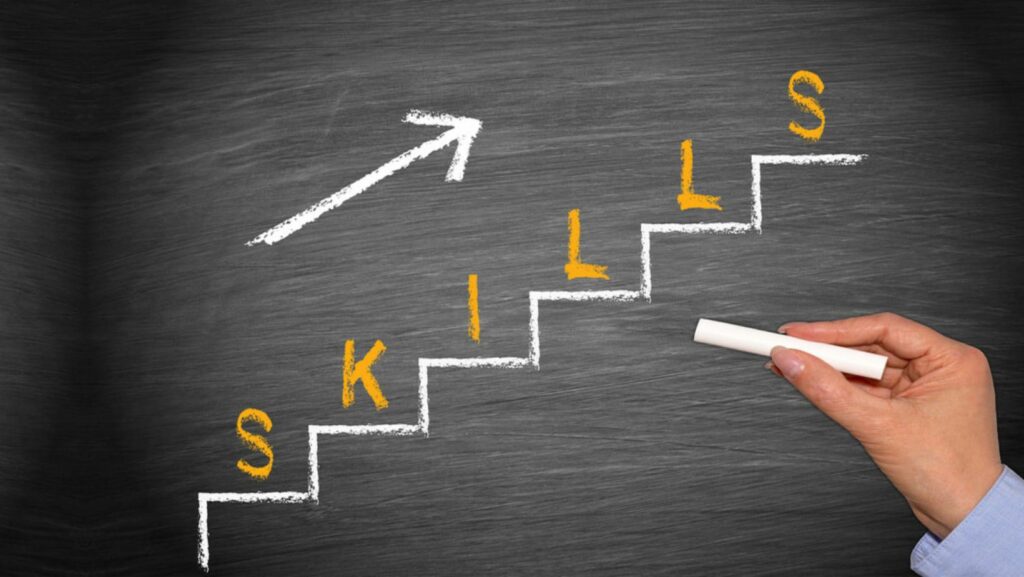What is Skill Building
Skill building is a crucial aspect of personal and professional growth. It involves developing and enhancing the abilities and expertise needed  to succeed in various areas of life. Whether it’s mastering a new language, improving communication skills, or honing technical competencies, skill building empowers individuals to adapt to changing environments and excel in their endeavors. By investing time and effort in skill development, individuals can unlock new opportunities and enhance their overall performance.
to succeed in various areas of life. Whether it’s mastering a new language, improving communication skills, or honing technical competencies, skill building empowers individuals to adapt to changing environments and excel in their endeavors. By investing time and effort in skill development, individuals can unlock new opportunities and enhance their overall performance.
In today’s competitive landscape, continuous skill building is essential to stay relevant and competitive. Embracing a growth mindset and actively seeking opportunities to learn and grow are key components of effective skill building. Through deliberate practice and a commitment to self-improvement, individuals can expand their capabilities and achieve their full potential. Stay tuned to explore the importance of skill building and discover practical strategies to enhance your skill set.
Understanding Skill Building
Skill building is the process of developing and improving one’s abilities through learning and practice. It involves honing existing skills and acquiring new ones to enhance performance and achieve personal and professional goals. Engaging in skill building allows individuals to adapt to changing environments, stay competitive, and unlock potential opportunities for growth and advancement.
Effective skill building requires a proactive approach to continuous learning and development. It involves setting specific goals, identifying areas for improvement, and actively seeking opportunities to acquire relevant knowledge and expertise. By engaging in skill-building activities, individuals can boost their confidence, increase their versatility, and improve their problem-solving abilities in various contexts.
Moreover, skill building is not limited to specific domains or industries. It encompasses a wide range of competencies, from technical skills like coding and data analysis to soft skills such as communication and leadership. Embracing a holistic approach to skill building enables individuals to build a diverse set of capabilities that can be applied across different roles and industries.
Benefits of Skill Building
Skill building offers numerous advantages for individuals striving for personal and professional development.
Enhancing Personal Development
Enhancing personal development through skill building leads to increased self-awareness, improved self-confidence, and a greater sense of fulfilment in one’s abilities. By continuously expanding skills, individuals can adapt to new challenges, boost their creativity, and enhance problem-solving capabilities, fostering personal growth and resilience.
Advancing Career Opportunities
Advancing career opportunities via skill building is essential in today’s competitive job market. By acquiring new skills and refining existing ones, individuals can increase their marketability, attract potential employers, and unlock new career pathways. Continued skill development demonstrates a proactive attitude towards career advancement, making individuals more adaptable and versatile in the evolving workplace landscape.
Strategies for Effective Skill Building
Implementing strategies for effective skill building is crucial for personal and professional advancement. Here are some practical approaches to enhance skill development:
 Set Clear Goals:
Set Clear Goals:
Define specific and achievable objectives for skill enhancement. Setting clear goals helps individuals focus their efforts and track progress effectively.- Continuous Learning:
Embrace a mindset of continuous learning to stay relevant in a fast-paced world. Engaging in regular learning activities, such as workshops, online courses, and seminars, ensures ongoing skill improvement. - Practice Regularly:
Consistent practice is key to mastering any skill. Allocate dedicated time each day to practice and refine your abilities. Whether it’s a technical skill like coding or a soft skill like communication, regular practice is essential. - Seek Feedback:
Actively seek feedback from peers, mentors, or supervisors to gain valuable insights into your skill development. Constructive feedback helps identify areas of improvement and guides you towards refining your skills effectively. - Collaboration and Networking:
Collaborate with others in your field to exchange knowledge and skills. Networking with professionals allows you to learn from their experiences, gain new perspectives, and broaden your skill set. - Stay Updated:
In rapidly evolving industries, staying updated with the latest trends and technologies is crucial. Attend conferences, read industry publications, and participate in webinars to stay informed and adapt your skill set accordingly. - Time Management:
Efficient time management is essential for skill building. Prioritize tasks, create a structured schedule, and eliminate distractions to optimize your learning process and skill development.

